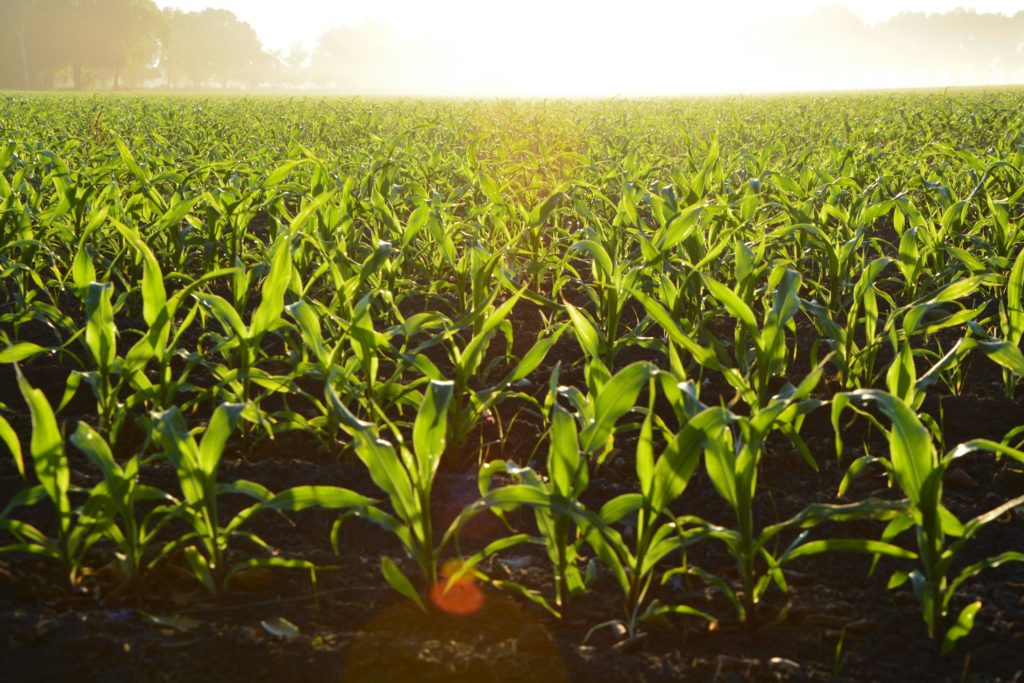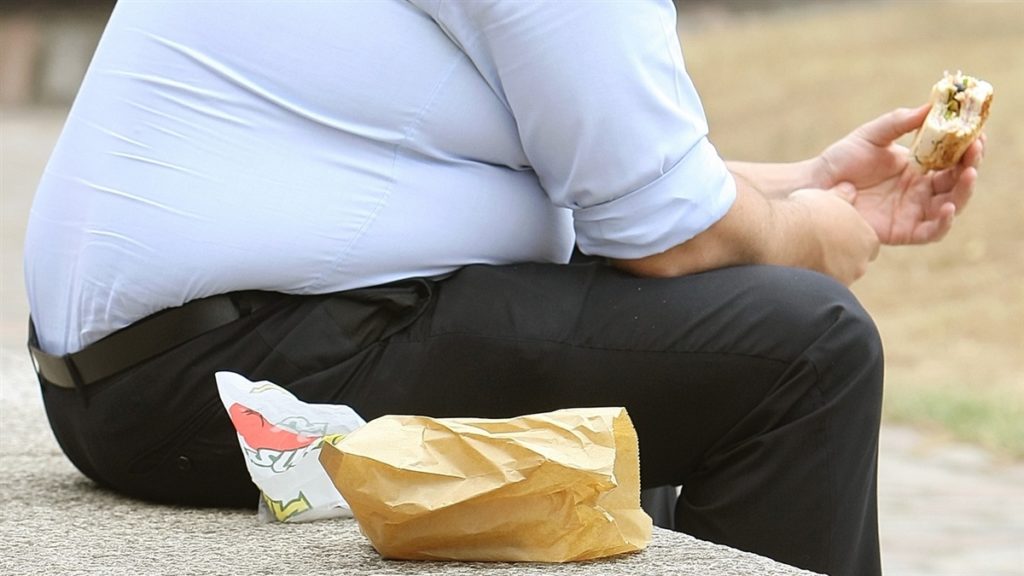EU food security: new guidelines to strengthen resilience
24 July 2024
Share this article
As reported by the newsroom of the Directorate-General for Agriculture and Rural Development of the European Commission, the European Food Security Crisis preparedness and response Mechanism (EFSCM) has shared new guidelines to help protect food supply chains. They aim at ensuring food security, which is important for food independence and economic strength. These measures will be part of a report on Europe’s readiness for crises, prepared by former Finnish President Sauli Niinistö.
The EU food supply chain showed its strength during the early days of COVID-19 in 2020 and the trade disruptions after Russia’s attack on Ukraine in 2022. However, this stability is not guaranteed, as various risks could threaten it.
A report by the Joint Research Centre (JRC) in November 2023 identified 28 types of risks (biophysical and environmental, economic and market, socio-cultural and demographic, geopolitical and institutional, supply chain performance, information and technology) and nine main factors of vulnerabilities. Working together and being adaptable are key to addressing risks. Platforms like the EFSCM expert group, the food supply and security dashboard, and the Agricultural Market Information System (AMIS) have a big role in a collective response to challenges.
The EU legal framework, including the Common Fisheries Policy and the Common Agricultural Policy guidelines, remains essential for stable food availability. Strong industrial policies are also needed to boost manufacturing capacity within Europe and partner countries.
Follow SAFE on social media
.
Microplastics threaten crop photosynthesis and global food security, study reveals
As reported by Packaging Insights, research has found that microplastics can damage plants by blocking…
SAFE releases a report on food donation in the EU, highlighting barriers and opportunities
According to the 2024 Eurostat data, in the European Union (EU) over 59 million tons…
Average human brain contains spoonful of microplastics
A study from the University of New Mexico published in Nature has found the equivalent…
Sweden, latest EU country to require origin labelling for meat in restaurants
Sweden has become the latest of five EU countries to require origin labelling for meat…
One third of children and adolescents worldwide predicted to be overweight or obese by 2050
A third of children and adolescents worldwide, are predicted to be overweight by 2050, according…
Some persistent organic pollutants linked to higher risk of Multiple Sclerosis
Polychlorinated biphenyls (PCBs) are chemicals found among others in paint, printing inks, lubricants, and pesticides. They…









